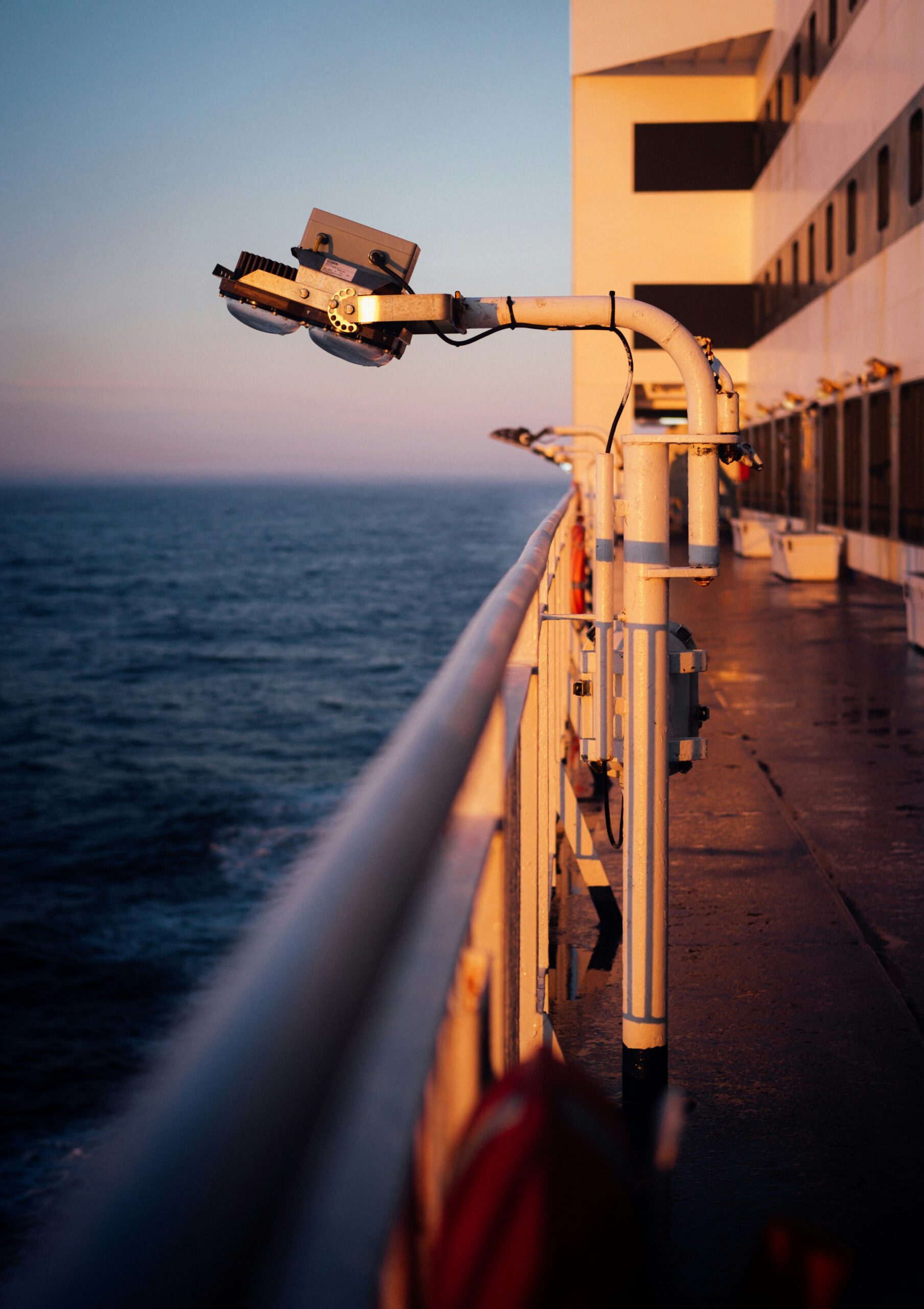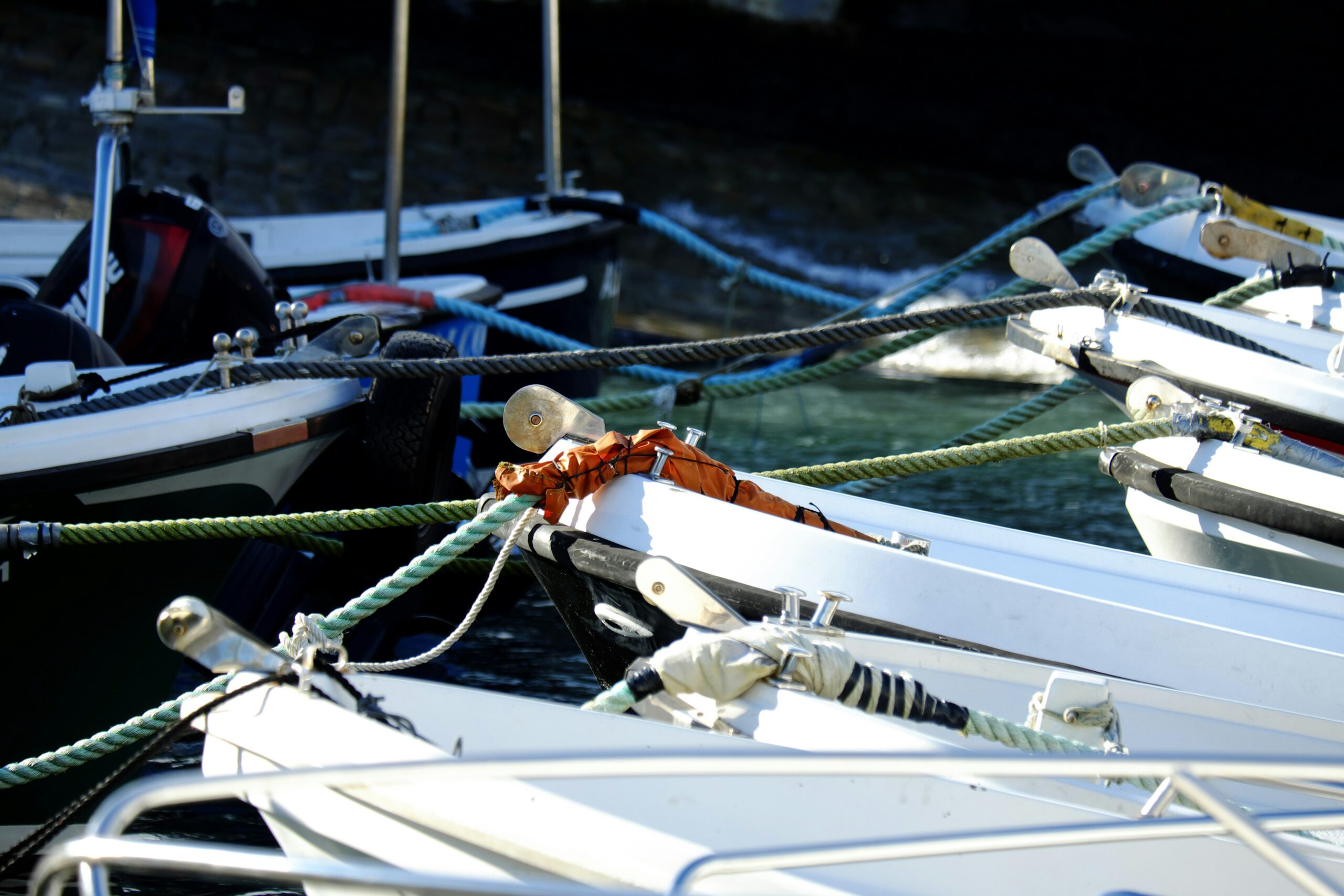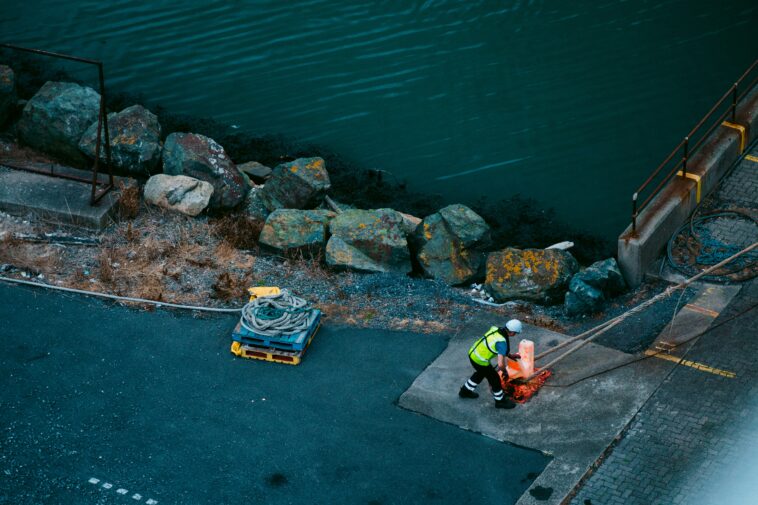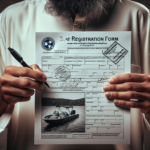What Type Of Boating Emergency Causes The Most Fatalities?
Have you ever wondered what type of boating emergency is the most dangerous? In this article, we will discuss which boating emergencies lead to the most fatalities and how you can stay safe on the water.
Types of Boating Emergencies
When it comes to boating emergencies, there are several types that can occur. These emergencies can range from mechanical issues to accidents on the water. Understanding the different types of emergencies can help you prepare and stay safe while boating.
Capsizing
Capsizing is one of the most common boating emergencies that can lead to fatalities. This occurs when a boat flips over, causing people to fall into the water. Capsizing can happen due to rough waters, overloading the boat, or improper weight distribution.
Collision
Collisions with other boats, rocks, or debris in the water can result in fatalities. The impact of a collision can cause severe damage to the boat and injure passengers on board. Avoiding crowded areas and staying alert while boating can help prevent collisions.
Flooding
Flooding is another serious boating emergency that can lead to fatalities. This occurs when water enters the boat, causing it to become unstable and potentially sink. Flooding can happen due to hull damage, rough waters, or improper boat maintenance.
Engine Failure
Engine failure can leave you stranded in the water and at risk of other emergencies. Without a working engine, you may not be able to navigate the boat safely or call for help. Regular maintenance and having emergency supplies on board can help prevent engine failure.
Fire
Fires on board a boat can be catastrophic and lead to fatalities. Fires can start due to fuel leaks, electrical issues, or improper use of flammable materials. Having fire extinguishers and knowing how to use them can help control a fire before it spreads.

Boating Emergency Fatalities
Now that we have discussed the different types of boating emergencies, let’s dive deeper into which emergencies cause the most fatalities.
The Most Fatal Boating Emergency
According to statistics, the boating emergency that causes the most fatalities is capsizing. When a boat flips over, passengers can be thrown into the water without life jackets or other safety equipment. This can lead to drowning, especially in rough waters or if the passengers are unable to swim.
Avoiding Capsizing
To prevent capsizing, it is important to avoid overloading the boat and to properly distribute the weight of passengers and supplies. Additionally, wearing life jackets and practicing safe boating techniques can help prevent capsizing accidents.
Secondary Cause of Fatalities
After capsizing, collisions with other boats or objects in the water are the second leading cause of boating fatalities. The impact of a collision can cause severe injuries and even death to passengers on board.
Preventing Collisions
To avoid collisions, make sure to stay alert while boating and keep a safe distance from other boats. Following boating rules and regulations can also help prevent collisions and keep you safe on the water.
Other Factors
Factors such as weather conditions, operator error, and lack of proper safety equipment can also contribute to boating fatalities. Being prepared for emergencies and knowing how to respond can make a difference in preventing fatalities on the water.

Staying Safe On The Water
Now that you are aware of the most fatal boating emergencies, let’s discuss how you can stay safe while boating.
Wear a Life Jacket
Wearing a life jacket can save your life in the event of a boating emergency. Life jackets are designed to keep you afloat and provide buoyancy in the water. Make sure to wear a Coast Guard-approved life jacket that fits properly.
Take a Boating Safety Course
Taking a boating safety course can help you learn essential skills and knowledge to navigate the water safely. These courses cover topics such as boating regulations, emergency procedures, and how to operate a boat responsibly.
Check the Weather
Before heading out on the water, always check the weather forecast. Avoid boating in severe weather conditions such as thunderstorms or high winds, as these can increase the risk of boating emergencies.
Keep Emergency Supplies On Board
Having emergency supplies on board can help you respond to boating emergencies quickly and effectively. Some essential supplies to have include a first aid kit, flares, a flashlight, and a whistle to signal for help.
Avoid Alcohol
Alcohol impairs your judgment and coordination, increasing the risk of boating accidents and emergencies. Avoid drinking alcohol while boating and designate a sober driver to operate the boat.
Stay Alert and Aware
Staying alert and aware of your surroundings can help you avoid potential emergencies on the water. Keep an eye out for other boats, swimmers, and obstacles in the water to prevent collisions and other accidents.

Conclusion
In conclusion, capsizing is the most fatal boating emergency, followed by collisions with other boats or objects in the water. By taking preventative measures and staying safe on the water, you can reduce the risk of boating emergencies and fatalities. Remember to wear a life jacket, take a boating safety course, and be prepared for emergencies while boating. Stay safe and enjoy your time on the water!





